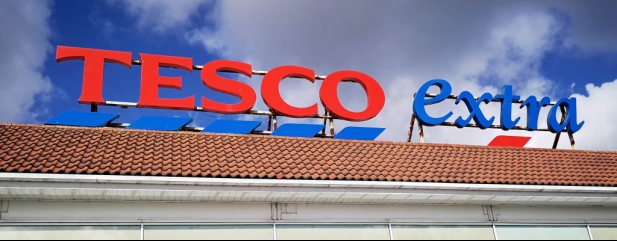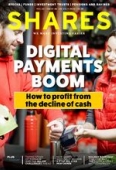Archived article
Please note that tax, investment, pension and ISA rules can change and the information and any views contained in this article may now be inaccurate.
More companies set to reinstate earnings guidance

Many companies have withdrawn earnings guidance in recent months, leaving investors guessing as to how much money these businesses might be expected to earn.
The way share prices have performed in general since March’s market low implies expectations are quite optimistic.
We’re now getting the first signs of companies reinstating guidance and this trend could accelerate as we go into the next reporting season which kicks off in July.
A lot of businesses are operating at a greater capacity since lockdown and they should have already installed new working practices, hence it is fair to assume they are now better placed to comment on profit potential in 2020.
Quantifying the impact of the pandemic on their near-term and medium-term earnings should remove a lot of uncertainty which has been hanging over share prices.
Having no earnings guidance can lead to a lot of speculation and see investors become far too optimistic about the future or too pessimistic.
Some earnings forecasts will have been withdrawn by analysts in recent months but many of the data platforms that publish these numbers will have continued to show the most recent estimate rather than a zero figure. That too may have caused investors to have had an incorrect view of a stock.
Outsourcing group Serco (SRP) says it has been able to reinstate guidance for its full year due to the nature of what it does. ‘(This) reflects the resilience of our business, which depends for its revenues on governments rather than businesses or consumers, our strong order book, and growing confidence that our people and systems can adapt effectively to the challenges of Covid-19,’ said chief executive Rupert Soames.
‘Clearly, there is a more than normal degree of risk in our guidance, but we feel it better that we give some indication rather than none,’ he added.
Last week Tesco (TSCO) said that while any forecast is ‘inherently uncertain’, based on an assumption of a continued easing of lockdown restrictions in the UK, it expects retail operating profit levels to be like the previous financial year. A lack of profit growth may not be cause for celebration, but at least we now have a clearer idea over its earnings strength.
Some corporate figures think earnings guidance should be banished completely. Barry Diller, chairman of holidays seller Expedia and media congomerate ICA, told CNBC that his companies will no longer provide long-term earnings forecasts. He believes employees would be better off doing actual work than pulling together earnings estimates.
He implied the system was open to abuse whereby companies purposely make sure they always beat and not miss expectations, thus triggering a positive reaction from the stock market.
For companies that don’t reinstate guidance, investors will have to search for clues in order to complete the earnings puzzle. Look for comment on trading and updates on costs as profit margins are likely to be smaller this year. It’s also worth comparing several competing companies to form a broader view of a sector.
This investigative work should be second nature to most investors in stocks anyway as it forms a normal part of the research needed before you make any investment.
Important information:
These articles are provided by Shares magazine which is published by AJ Bell Media, a part of AJ Bell. Shares is not written by AJ Bell.
Shares is provided for your general information and use and is not a personal recommendation to invest. It is not intended to be relied upon by you in making or not making any investment decisions. The investments referred to in these articles will not be suitable for all investors. If in doubt please seek appropriate independent financial advice.
Investors acting on the information in these articles do so at their own risk and AJ Bell Media and its staff do not accept liability for losses suffered by investors as a result of their investment decisions.

 magazine
magazine








